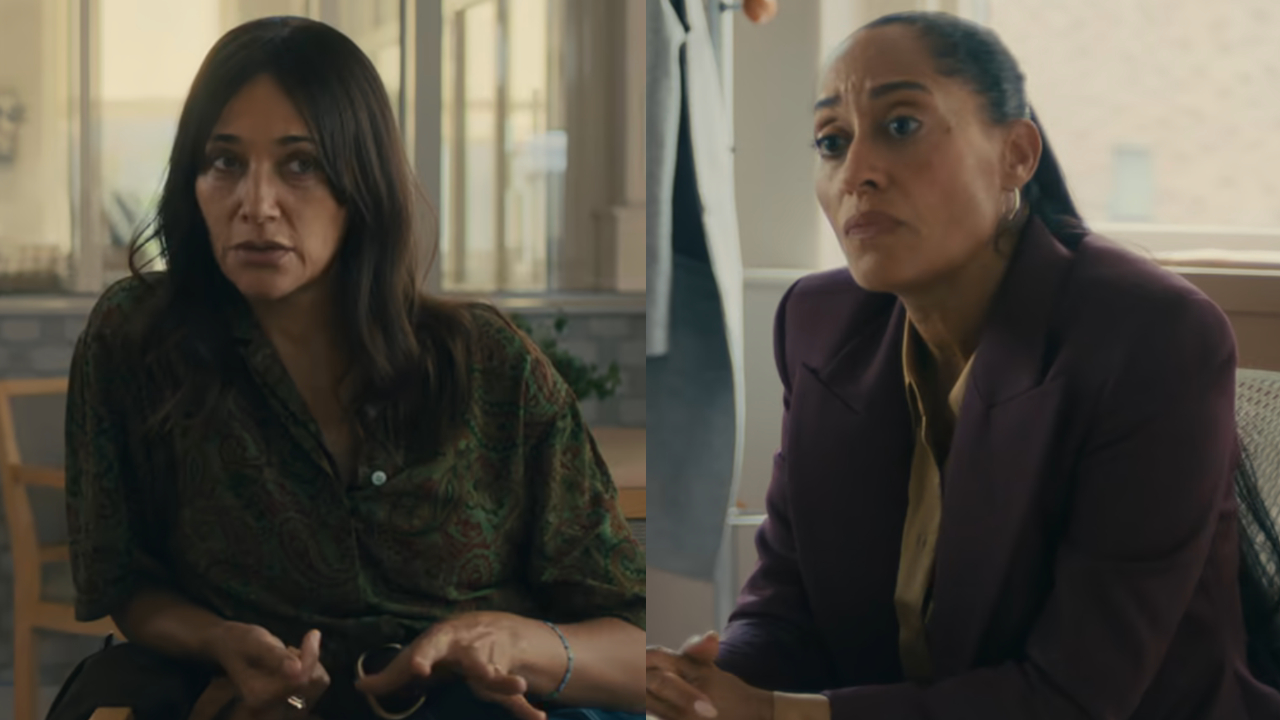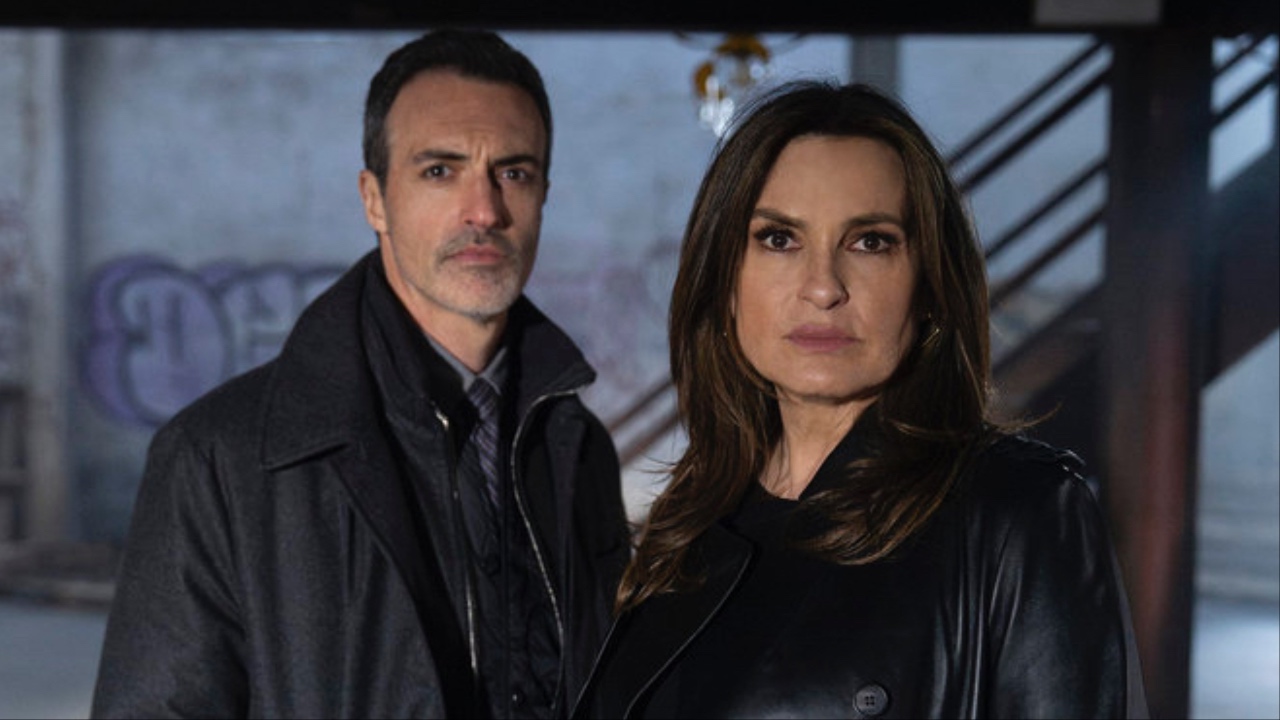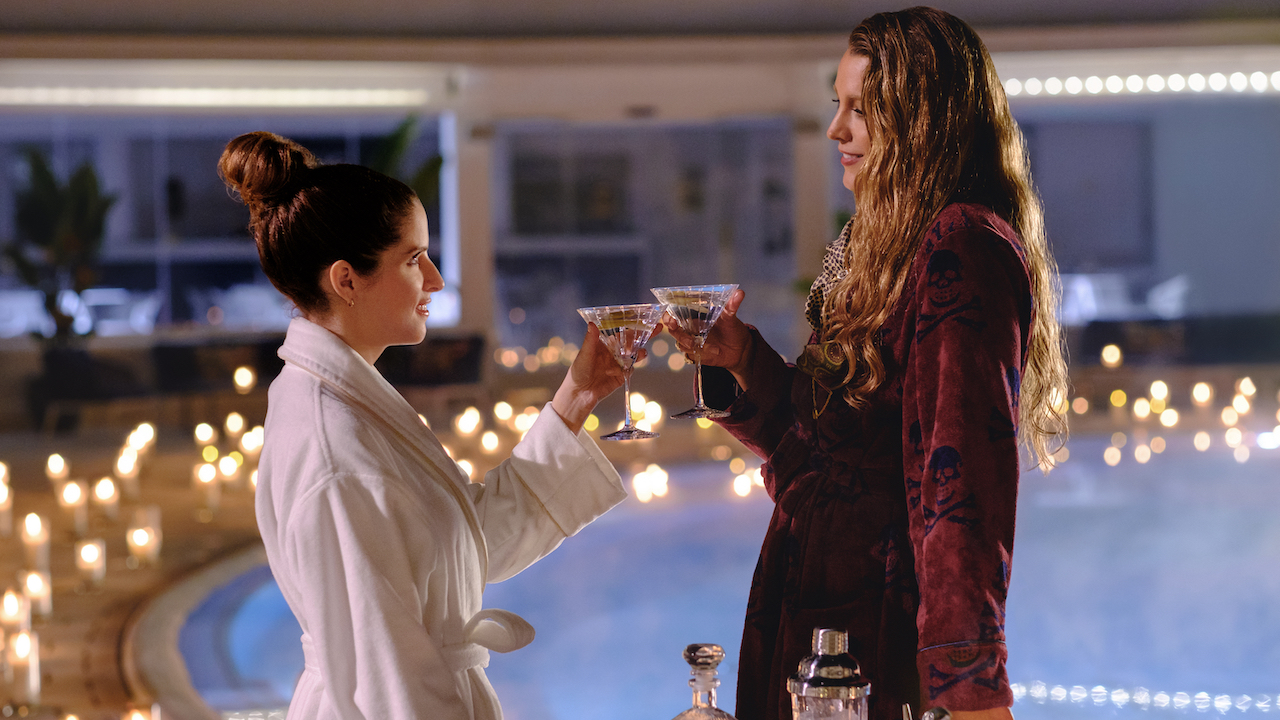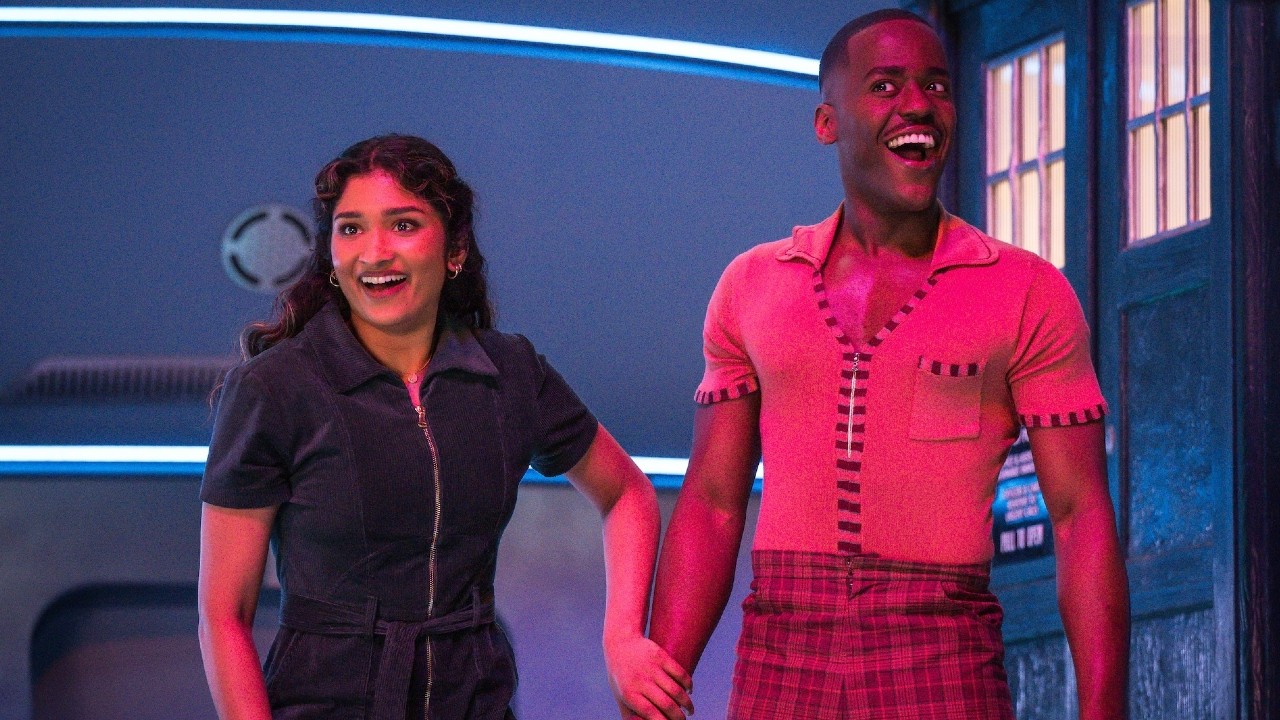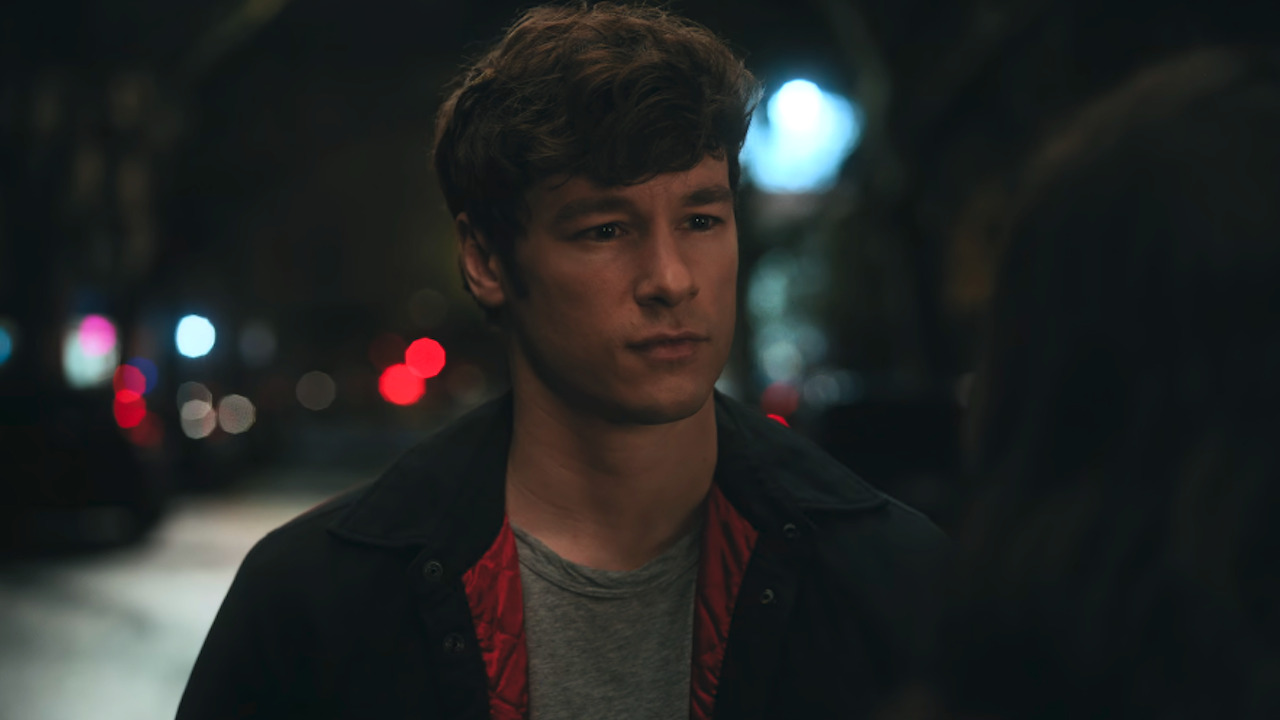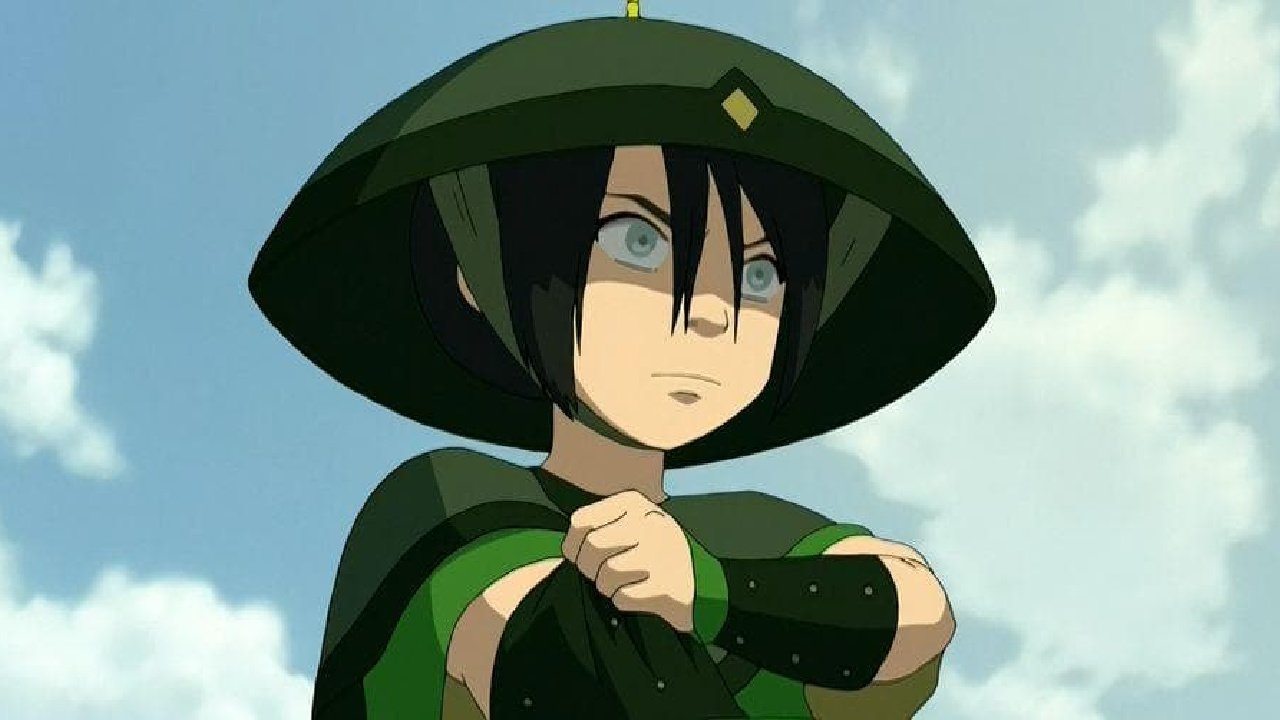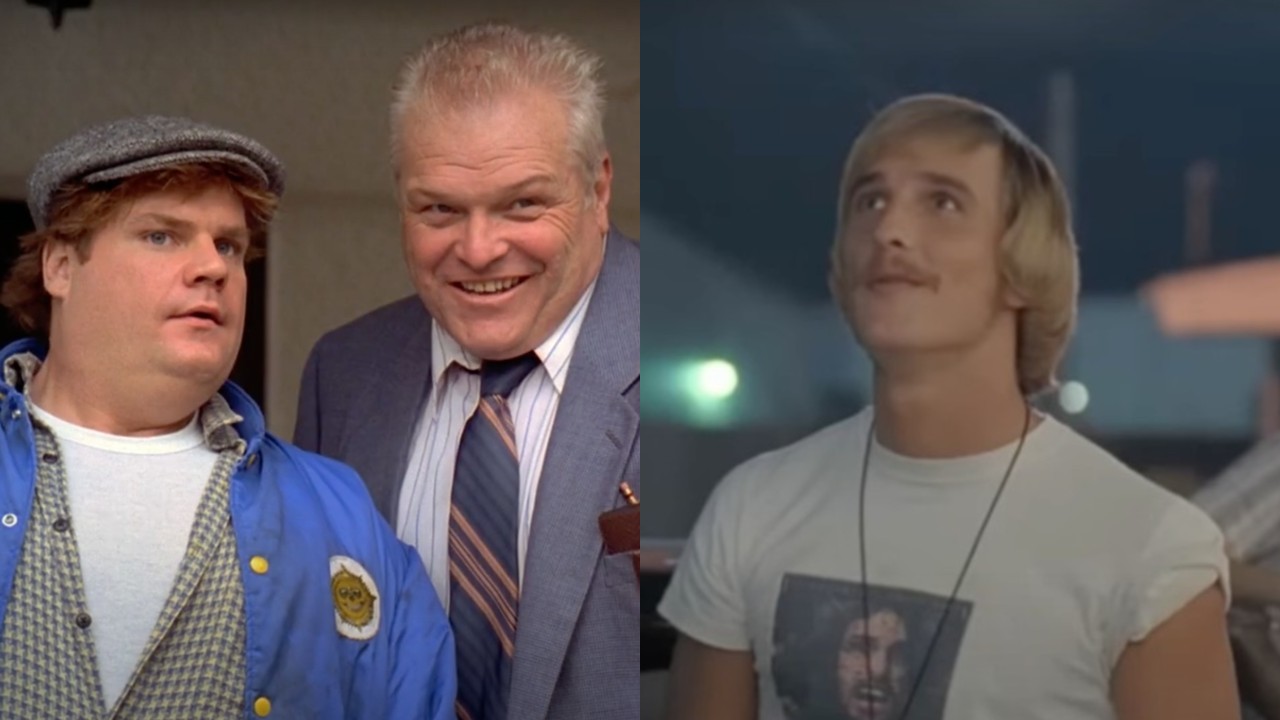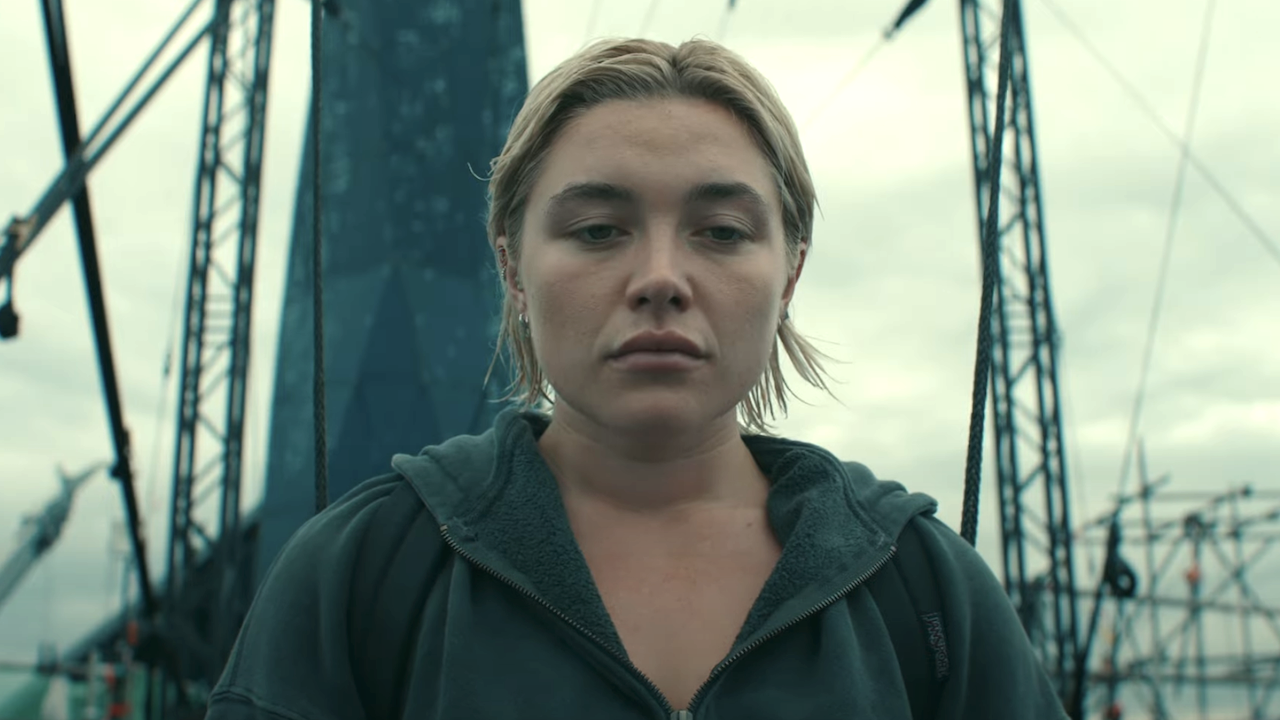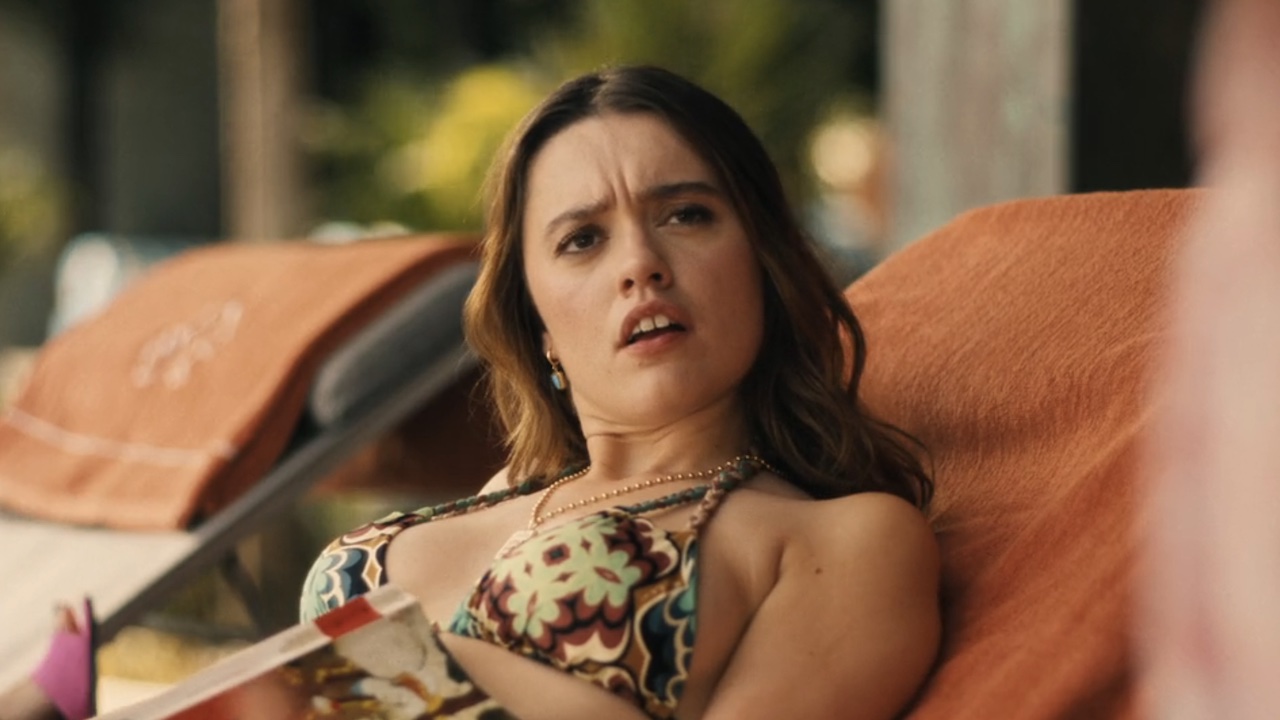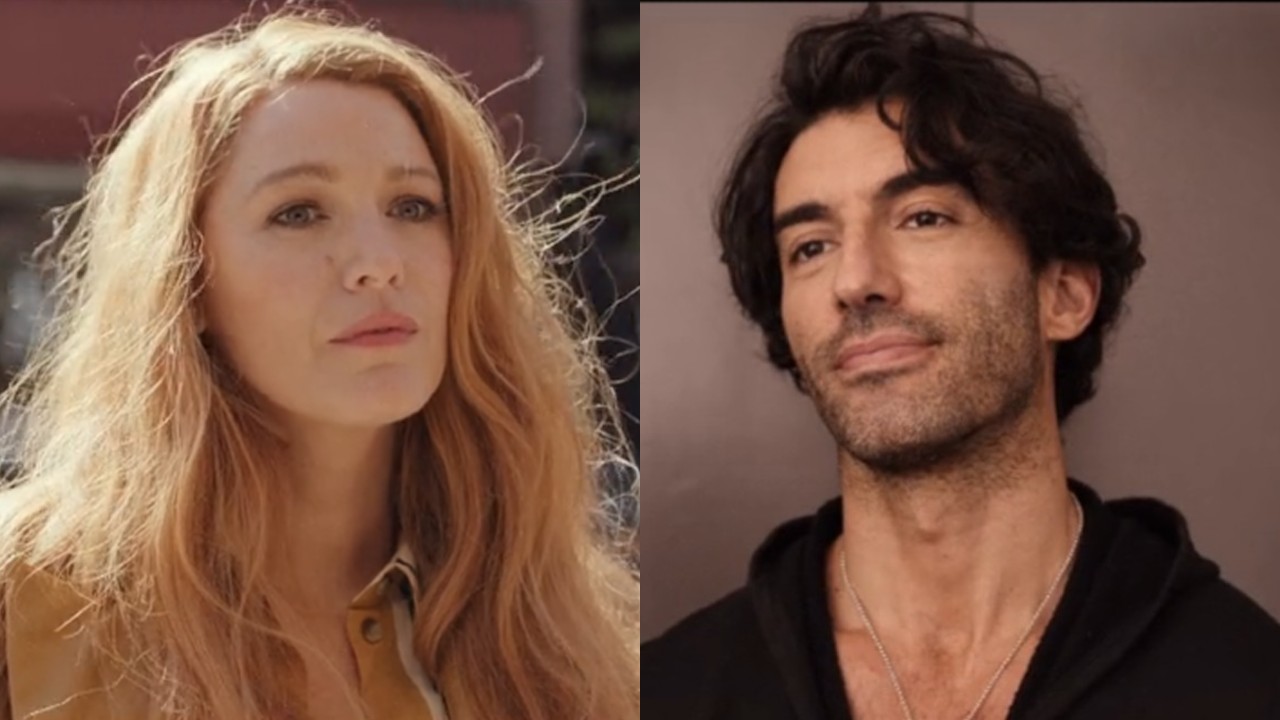Interview: Lone Scherfig Returns To Romance And The Past With One Day
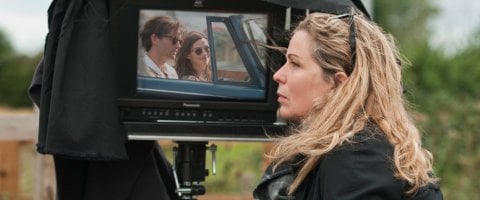
Lone Scherfig had said after she made An Education, the 60s period romance that turned Carey Mulligan into an international star, that she might want to move on to a genre piece, something with a little more action or, at least, not a historical romance. Then One Day, David Nichols' novel about two people and their love story told across 20 years, fell on Scherfig's desk, and with the film adaptation set to go in front of cameras too, she had another period romance on her hands. Starring Anne Hathaway and Jim Sturgess, One Day opens this weekend; I interviewed Scherfig about her favorite elements of the wide-ranging film, how it compared working with Nichols and Nick Hornby (who adapted An Education for the screen), and how Hathaway and Sturgess's natural chemistry made the movie that much stronger.
Did the success of An Education make it hard to figure out what to do next?
It gave me some possibilities. If it hadn't been for that film I probably wouldn't have been asked to read this script. Maybe it was a good thing that I didn't go straight into a new project after An Education. But I also wanted to see it to the door and do what I could for the film, and enjoy all that attention.
The connection between David Nichols and Nick Hornby is interesting. did that have anything to do with you coming to this?
It could have something to do with David thinking it might be a good idea. But they are not that much alike. They do live very close to one another and they do share a certain tone, but it's been very different to work with David than with Nick. Both very positive, but Nick is a completely different type of personality.
With Nick he was adapting someone else's story, but David is so close to this. Was it tough to work with him in adapting the screenplay from his own story? How do you put your own stamp on it?
Nina Jacobson the producer did a really great job getting the best out of him and of me, to get the synergy that you want. It's his book, his characters, his world, and you almost can't do it in a way that would be the way he would have done it had he been a director. I think the most loyal thing to do is to make sure that it's cinema, , and that I use the craft that I can bring into the mix, with confidence and with the expertise that is my advantage in this sense. It becomes a different creature, and an work in its own right.
CINEMABLEND NEWSLETTER
Your Daily Blend of Entertainment News
Was there a specific scene, or year, that you felt was an opportunity to make more cinematic?
The scene on the rooftop-- it's in a maze in the book. I remember David, he thought that the maze was a good metaphor for the life situation they're in. There's a romance and a beauty that they're at a party but they end up in the middle of this maze. I knew that it would be very hard to shoot it, that it would just be a lot of dark foliage. I thought it would be very nice to have a scene that was rooted in London. Because London is so suburban, here we have a scene where we do have St. Paul's Cathedral, the London Eye, and make something that's less claustrophobic. Maybe not true to the book at all, but more cinematic. France is another example. In the book they're in Greece [on vacation], and I thought we could get more out of the day in France. The whole light is completely different, of course. And also for logistic reasons it made sense to shoot in France, and for thematic reasons. The film was not in as many different locations but more condensed. But it's a shame, because in the book he's in India and Italy. There were things we could not do.
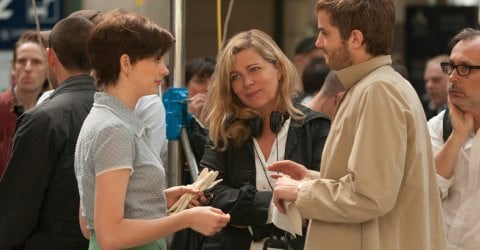
That early morning scene in Edinburgh is so perfect in capturing dawn light. Was that something you knew you just had to put in the effort to do?
I thought it was really important that the film starts at dawn. In the first scene in the bedroom the sun rises. We shot it so the first scenes are dark, and little by little the sun rises, hopefully unnoticeably through the scene. Then at the end, when they come running down, it's daylight, and when she walks away the streetlights cow on. Almost like the bookends of the film are a day. That's not scripted, it's just something I thought would be a visual way of making those locations work. It is scripted, because of course it is the first day when they meet. But you wouldn't want them to start the film with a scene that's pitch black at midnight.
When you know that the audience is going to be very deeply emotionally affected by some of the sad moments, how do you not pound it into them, and calibrate the emotions?
Calibration is a good word. Part of my job is to try again and again and see the film as if I haven't seen it before, so my own emotional barometer remains somewhat intact, even if I know every frame of the film. When is it soapy, when are they behind their emotions? It's always a balance, because you do want it to be emotional and grand and say that this is the most important moment of these peoples' lives. But you also don't want to be sentimental or syrupy. But the humor helps a lot. Humor is such a good asset to have, so the mix doesn't get too syrupy. But it's a constant balance. And I can't really tell if we got it right now. I may see the film in a year, and then I can judge a little better. The music is also an element where you, at the last moment, can adjust.
Even the titles are this big script, emphasizing the romance. A lot of movies don't' want to be a romance.
That was a decision, and we put very big, classic titles on the film at a much earlier stage than you normally do. I felt something more slick, elegant, small, modest would not be right. Something that signaled, this is going to be bold and emotional. In the back of your mind you know that you will get to something more heartbreaking than the film looks at first sight.
When you cast JIm to join Anne in the film, what were you looking for?
It makes my job a lot easier that they did get along. It's helpful that they would rehearse spontaneously. There's a sweetness in the scenes that you don't force on to them that they have. I saw a photo of them where you can see that, under the frame, the hold each others' hands like colleagues and friends. But the timing is important. It's good for actors to make each other feel good. And her interpretation of Emma is also defined by how he acts. It's a collaboration, so that was important too, that they seemed to belong together and were believable as lovers.
Staff Writer at CinemaBlend
Ahead Of NBC's Law And Order Event, Reid Scott Joins The List Of Stars Who Can't Stop Raving About Mariska Hargitay: 'She's A Quarterback'
Doctor Who's Up To All That Timey Wimey Timeline Stuff Again, And Ncuti Gatwa And Varada Sethu Told Me Even They Had Trouble Knowing What Was Going On

